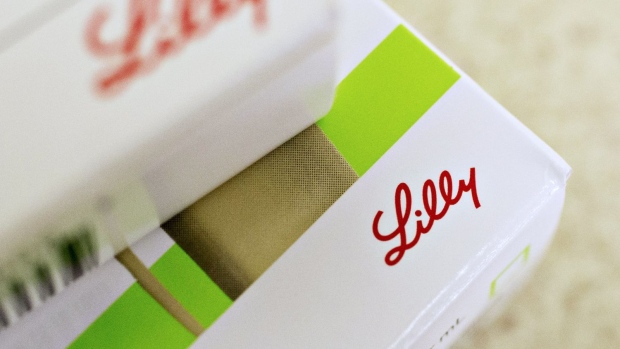Oct 28, 2020
Eli Lilly reaches deal with U.S. for supply of COVID-19 antibody
, Bloomberg News

The U.S. government agreed to pay Eli Lilly & Co. US$375 million for 300,000 vials of its experimental COVID-19 antibody, as it undergoes regulatory review for emergency authorization use.
The funding from Operation Warp Speed, the White House-led effort to quickly secure supply of COVID-19 vaccines and therapeutics, will only be put into effect if Lilly’s antibody therapy receives a green light from the U.S. Food and Drug Administration. The initial agreement is for delivery over the first two months following an emergency authorization.
Lilly is developing the COVID-19 neutralizing antibody with its Canadian partner AbCellera Biologics Inc. The two kicked off work in late February and formally launched a partnership in March. Lilly approached U.S. regulators for an emergency use authorization in early October after promising data showed that the therapy helped reduce hospitalizations.
The U.S. has the option to purchase up to an additional 650,000 vials through next June.
Experimental monoclonal antibody medicines could soon become a powerful component of the arsenal that doctors use to treat the coronavirus. Anthony Fauci, the top U.S. infectious-disease official, has referred to such treatments as a bridge to a vaccine, and they also could be key for high-risk groups that may not respond well to a vaccine.

